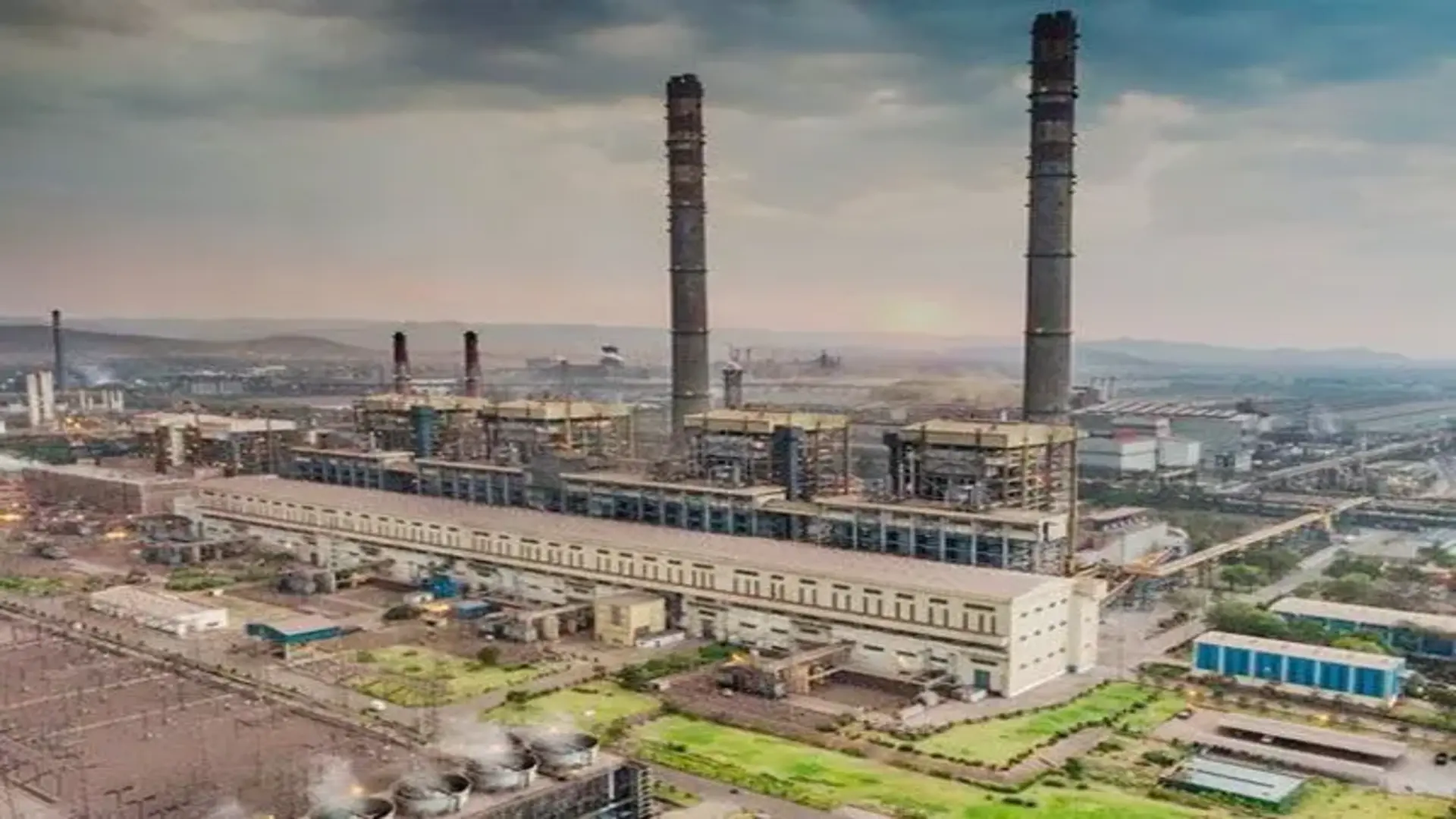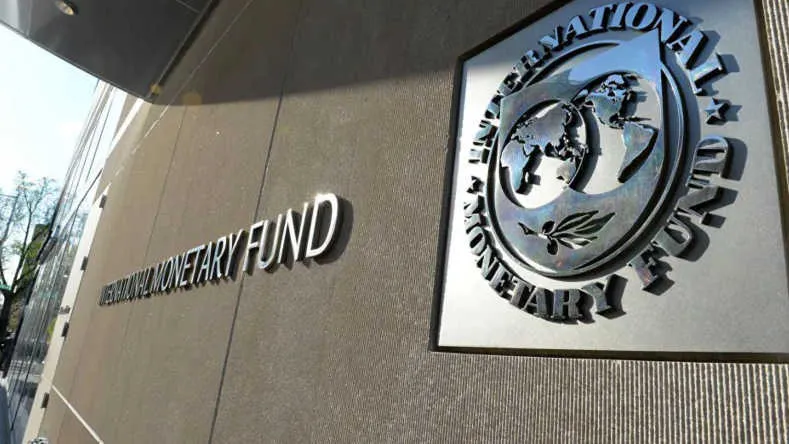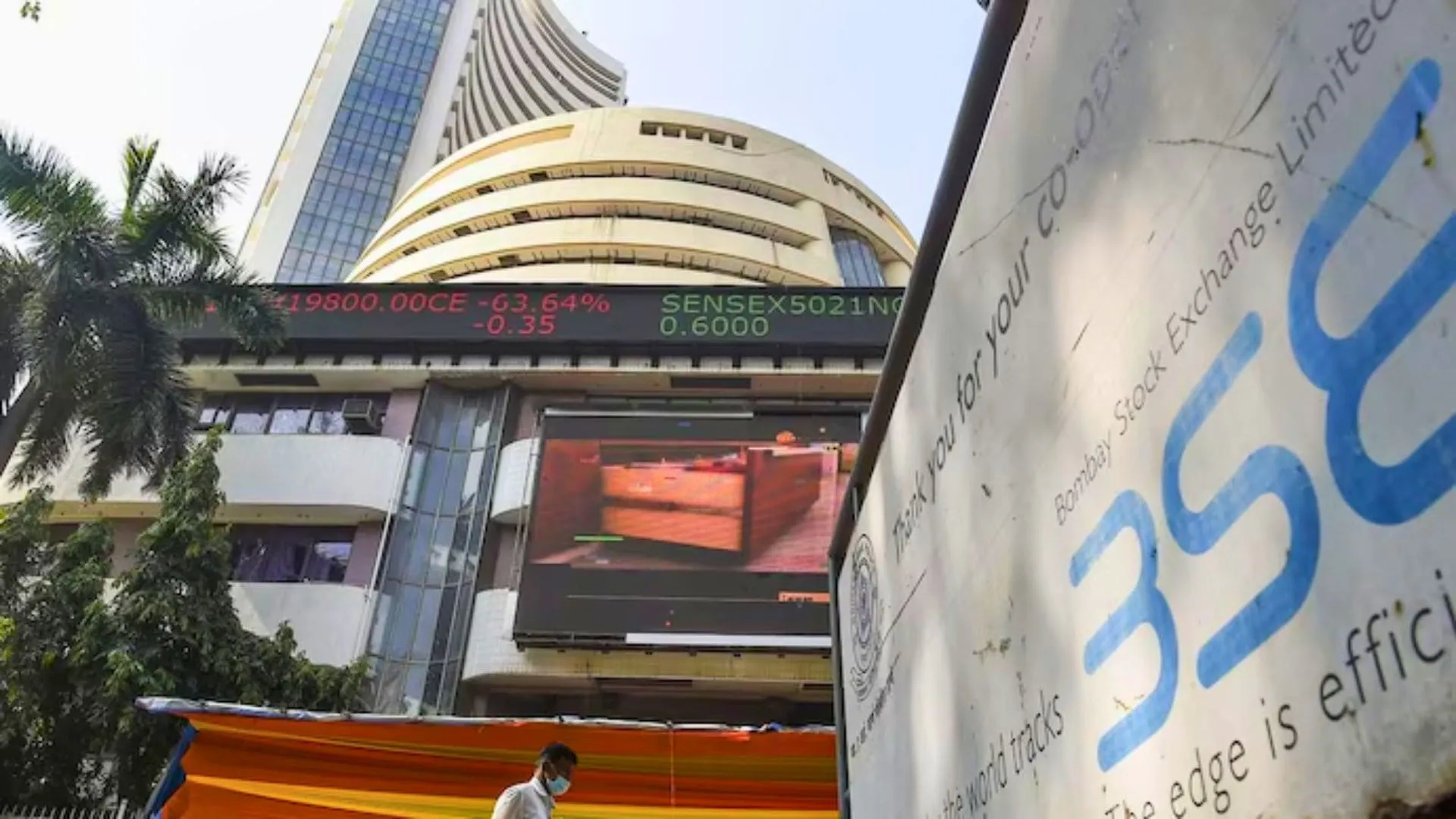The Union Power Ministry has directed states not to impose any free power requirement on pumped storage projects (PSPs), according to a report by the Confederation of Indian Industry (CII) on India’s Outlook on Clean Energy Storage.
This marks a departure from the usual practice of allocating a percentage of generated electricity to the home state at no cost. The move is part of a broader set of policy measures aimed at fostering growth in the energy storage sector as the country incorporates more renewable energy capacity. Energy storage is vital for converting intermittent renewable power into a reliable “Round The Clock” option when combined with storage, the report noted.
At a workshop organized by the Confederation of Indian Industry on “India’s Outlook on Clean Energy Storage: A Roadmap to Net Zero,” Srikant Nagulapalli, Additional Secretary, Ministry of Power, said the Union power ministry had recently discussed the matter with state government representatives during the State Power Ministers’ conference in New Delhi. He also stated that the government is shifting its focus from financial analysis to economic analysis for PSPs.
Nagulapalli announced that tenders related to battery energy storage systems (BESS) would be issued over the next year under the viability gap funding (VGF) scheme. The Central Electricity Authority is currently appraising 60 GW of storage projects, which are expected to be commissioned over the next six to eight years.
During the event, CII released a detailed report titled “India’s Outlook on Clean Energy Storage: A Roadmap to Net Zero,” which analyzed the current state, challenges, and prospects of energy storage systems in India’s renewable energy sector. The report provided insights and recommendations for optimizing the mix of pumped hydro and battery storage systems.
Vikram Handa, Chairman of CII Initiative on Clean Energy Storage System and Managing Director of Epsilon Advance Materials, highlighted factors driving a 12-fold growth in the energy storage market by 2030. He pointed out that flexibility, efficiency, low operating costs, and no waste are key advantages. However, he also emphasized challenges such as high capital costs, significant investments, and raw material vulnerabilities, which hinder the development of the supply chain.
The report, prepared in collaboration with 6Wresearch, also focused on the importance of a circular economy for batteries to recover reusable elements and safely dispose of batteries. It consolidated recommendations from various stakeholders, including those in renewable energy, automobile sectors, battery manufacturing, pumped hydro development, and grid operation.
The analysis explored alternative storage technologies, such as flow batteries, compressed air energy storage (CAES), flywheels, and thermal energy storage (TES), highlighting their importance in the storage mix, energy densities, and costs.
Also read: Supreme Court Grants Manipur 8 Weeks to Defend Inner Line Permit System
In addition to advocating for VGF covering more than 40% of capital costs for BESS projects and fast-tracking environmental and forest clearances for PSPs, the report recommended:
- Tax holidays for standalone BESS projects charged with renewable energy, storage coupled with transmission, and storage integrated with renewable plants.
- Uniform reduction of GST to 5% across all advanced battery chemistries to facilitate large-scale deployment and reduce costs.
- Eliminating double taxation on electricity duty (ED) and cross-subsidy surcharge (CSS) for input power used to charge energy storage systems, as these systems merely facilitate energy conversion.
The report underscores the need for comprehensive measures to enable the large-scale deployment of clean energy storage solutions and support India’s renewable energy goals.























